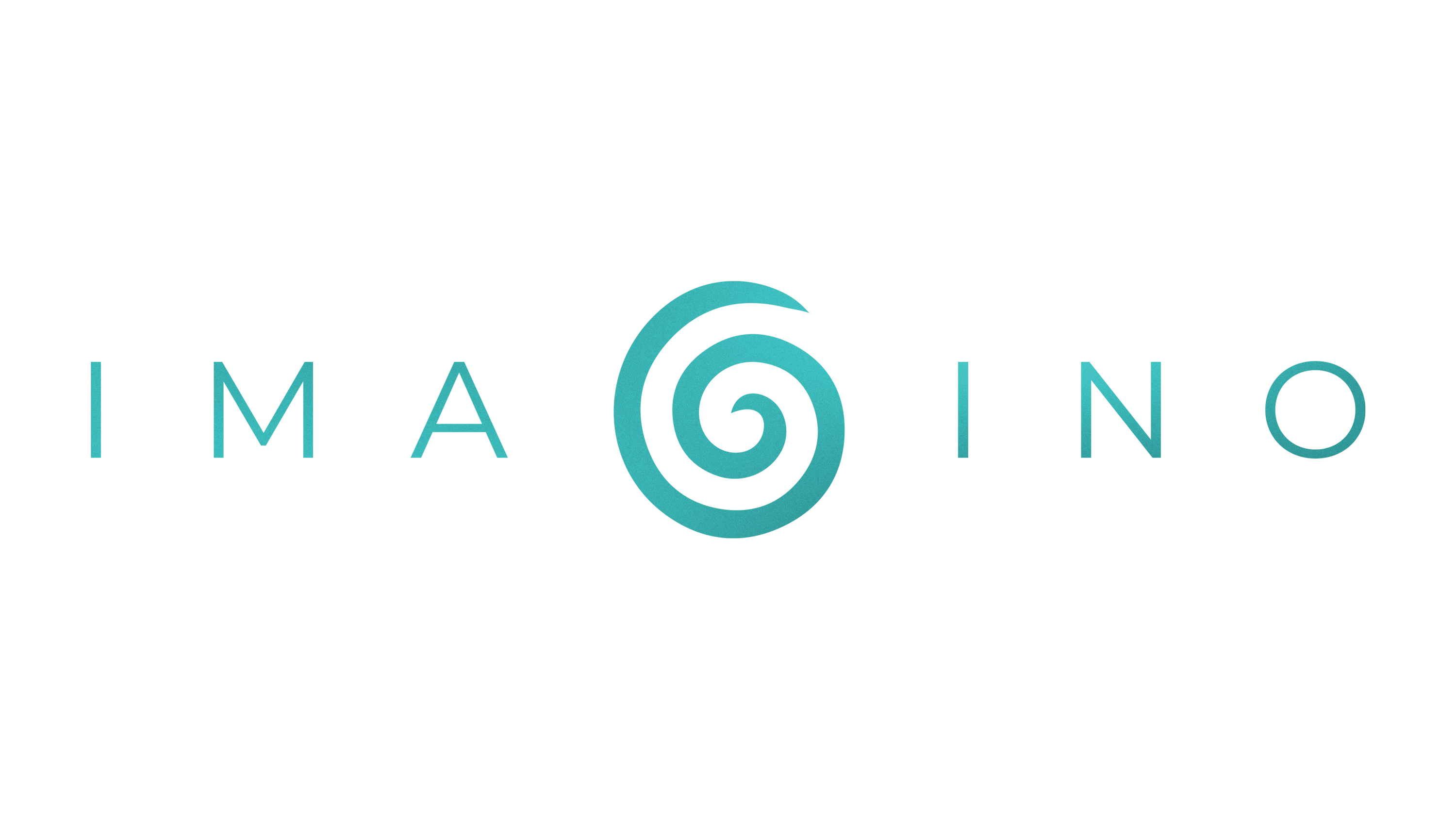Homo Sapiens Sapiens
- #Wellness
Homo sapiens is the species to which all modern human beings belong and the only member of the genus Homo that is not extinct. For over 2 million years, Homines sapientes lived in pristine nature, connected to the earth and natural elements. Organized in large communities that doubled for social support networks, they lived in harmony with and made the most of their surroundings. They breathed fresh air, drank clean water, and fed themselves frugally from the clean land and waters surrounding their habitat. To provide food and shelter, they involved their whole bodies in physical activity for most of their waking hours, and throughout the entire year. Ailments, mostly caused by accidents and infections, were healed with potent natural remedies as well as mind and spiritual practices. And yes, life expectancy was short but there were no chronic diseases to spoil the joys of their rather short lives. Homines sapientes respected and worked in sync with nature, looking up and observing the sun movement and its consequent changes in nature during the day and entire year, year after year, until they returned their bodies to Mother Earth while the spirit went onto its next journey!
Homo sapiens genome evolution concluded around the Agrarian Revolution (10,000 B.C.), when humanity enjoyed surplus of food for the first time. This novel food abundance triggered major lifestyle changes, including less nomadic and more of a permanent living habitat to which Homo sapiens genome somewhat adapted over the next thousands of years. Fast forward 10,000 years and the modern Homines sapientes environment has completely changed while their genome hasn't. Modern Homines sapientes live and work in places made of concrete, steel, and glass, disconnected from the earth, many living alone, or, if they are lucky, with a small family. The air is often polluted. The water comes from plastic bottles most likely with chemical particles leached in due to inappropriate storage and handling. The food comes from a supply chain they know little of or don't want to know about, often cooked, and charged by the energy of people they don't know anything about. Modern Hominies sapientes reluctantly yet religiously spend too many hours in traffic to and from places they would rather not visit, to see or work with people they often have nothing in common with, except for the complaints about their daily lives. The very lucky ones venture on holidays where they may enjoy more of nature, fresher air, and broader horizons, if their faces didn't remain glued to the same screens they intended to take a break from. They may eat exotic dishes, though from the same unknown sources.
Most of them are on prescribed drugs whose prospectus they seldom read or understand, that address the symptoms and never the causes of diseases. Moreover, they often resort to additional over-the-counter magic pills that work the same wonders as the prescribed ones. Ignoring and denying their in-built own mind and body self-healing abilities, they outsource health and life management, in general, to prescribers of drugs and off-the-shelf protocols that consider few to none of personal needs, causes of ailments, life stages, circumstances, and goals. They go to bed often with some devices even when they share the bed with someone and wake up with the same devices.
And, most astoundingly, despite all the amazing life enhancing technological advancements, the modern Homines sapientes are chronically tired, apathic, bloated, overweight, gassy, burpee, out of breath, itchy, irritable, frustrated, in pain and in short, physically and psychologically unwell. They sigh a lot and don't laugh often enough! Modern Homo sapiens are too cold, too warm, too hungry, too thirsty, too tired, and too weak, most of the times. It seems there is little life left in the modern Homo sapiens life. Or the modern life is not for the original design of the Homo sapiens. Did the modern lifestyle turn Homo sapiens into Homo fragilis?
In either case, you may agree that it is high time to IMAGINE how YOU want to live! As imagination and memory share the same neurological pathways, imagining your new life may be a memory of how you are designed to live. And that is a good starting point of the next phase of your life journey.
